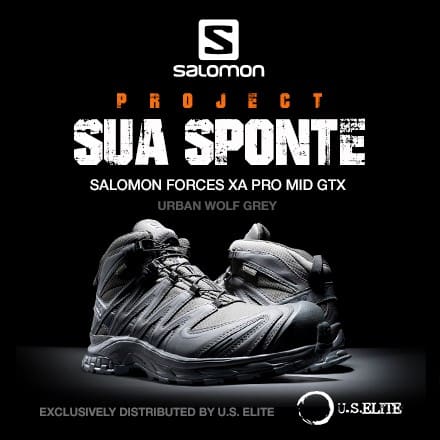Newington, N.H. (July 3 2017) – SIG SAUER, Inc., The Complete Systems Provider™, unveils the MCX VIRTUS in 5.56 NATO and 300 BLK, a platform engineered and built to be the most adaptive, accurate and longest-lasting rifle available.
The original SIG MCX rifle, conceived for the demands of the Special Operations community, quickly became known in the firearms world because of its durable performance and end-user configurability. To enhance the design, SIG received feedback from Special Operations units throughout the world and made the most advanced rifle ever built, even better. The result is the MCX VIRTUS.
“SIG has supplied firearms to meet the unique demands of specialized units for decades,” said Ron Cohen, President and CEO of SIG SAUER. “Similar to the P320® pistol, the MCX VIRTUS was created to be the ultimate modular platform, a design that will change the demands of the modern rifle for years to come.”
In ancient Rome, “Virtus” stood for virtue, courage, bravery and excellence. The MCX VIRTUS embodies the spirit of the professional users who have depended on and continue to rely on the MCX in the field. The added features and enhancements of the MCX VIRTUS include increasing accuracy, delivering additional modularity and providing a service life of more than 20,000 rounds, all without a single part replacement. Between barrels, stocks, handguards and colors, the MCX VIRTUS can be configured over 500 different ways for any possible need or mission.
Available in Patrol, Pistol and SBR variants, in Stealth Gray or FDE color, the MCX VIRTUS utilizes the proven SIG SAUER short-stroke piston system and unique internal recoil system that eliminates the M4-style buffer tube. The result is a compact, light-recoiling platform that can be configured for any task.
Cold hammer-forged barrels, available in 9”, 11.5” and 16” lengths, feature an advanced interchangeable design and can be exchanged at the operator level. To increase accuracy, the barrels are of a heavier contour profile. Also assisting with accuracy is the new SIG Matchlite Duo trigger, a two-stage unit that provides the shooter with a crisp, clean feel. A new tapered bolt lug design results in smoother cycling and extends the bolt life. Capping off the upgrades are eight (8) new free-floating M-LOK handguards available in standard and suppressor-ready configurations.
Built by SIG for professionals and shooters of any level, the MCX VIRTUS is ready for any mission.
For more information about the SIG MCX VIRTUS, please visit sigsauer.com/virtus

























































































































